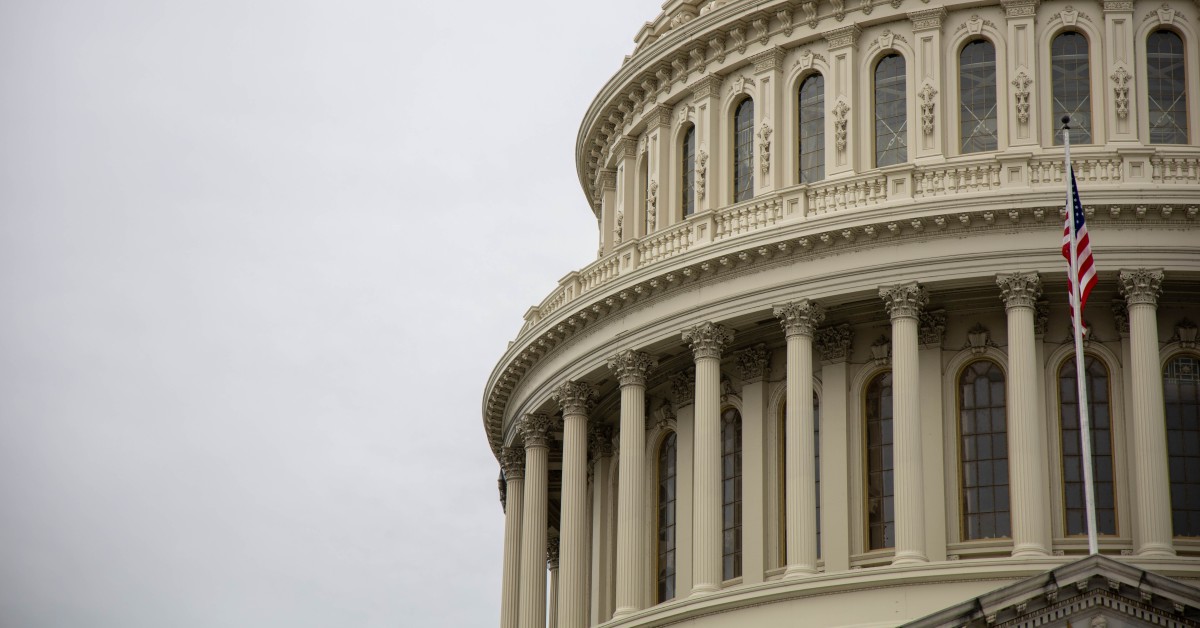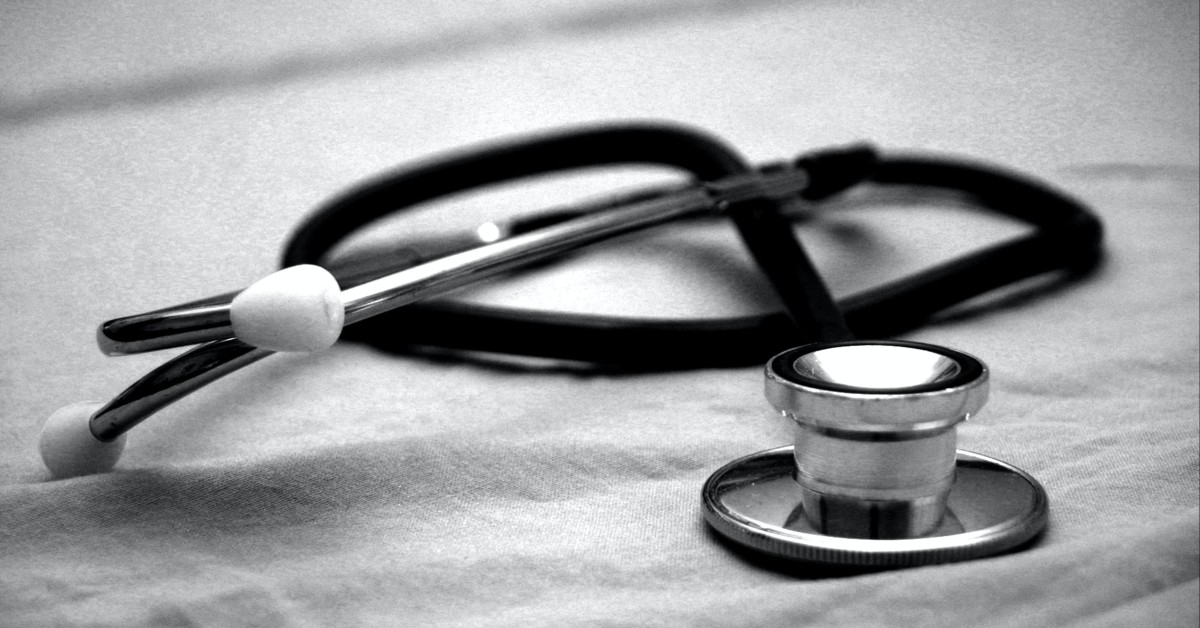
How to Find the Right Finance MBA for You
Many business schools offer MBA programs that feature specializations in [...]

To advance in most public health careers, you’ll probably need a Master of Public Health (MPH). This broadly focused professional degree prepares students to work in higher-level positions in disciplines as varied as epidemiology, environmental health, and nutrition equity. What you might not need, though, is to take the GRE.
It turns out that there are many online MPH programs that can deliver the skills and knowledge you’ll need to work in all kinds of public health jobs. Quite a few of them don’t require applicants to submit GRE scores when they apply.
That shouldn’t be so surprising. The GRE was created by the Educational Testing Service, which concedes in its own studies that the “limitations of graduate school admissions tests in the face of the complexity of the graduate education process have long been recognized.” Schools are beginning to conclude that there are better ways than a one-size-fits-all exam to assess potential students.
So, do you want to land a six-figure public health job? Do you want to skip the GRE? Keep reading. In this article about online MPH programs without GRE requirements, we cover:
The Graduate Record Exam (GRE) is a standardized test that has been a part of applying for graduate school since the late 1930s. Designed to help colleges and universities determine which applicants are most likely to succeed in master’s degree and doctoral degree programs, the four-hour test consists of multiple-choice and written questions designed to assess students’ quantitative, verbal, and writing skills. It is still widely considered a useful predictor of future success in graduate students. For schools, it’s a quick and convenient way to weed out applicants because it doesn’t require reading essays, reviewing experience, or reading letters of recommendation.
According to Julie Posselt, a higher education researcher at the University of Southern California in Los Angeles, many faculty members at colleges and universities “associate a high GRE score with somebody who is more likely to be successful.” She cautions, however, that those assumptions don’t mean the GRE is actually an effective way to gauge who will and won’t do well in grad school.
If you’ve already taken the GRE but didn’t score as well as you hoped you might or you’re considering opting out, don’t assume that means you won’t do as well in an online MPH program as your peers who aced the GRE. Your score (or your choice not to take the test) won’t correlate at all to your drive, your passion for public health, or your aptitude for subjects like medicine or public health policy—and there are plenty of MPH programs that acknowledge that.
There are several reasons some programs across disciplines have stopped asking applicants for GRE scores or have gone GRE-optional. Studies are increasingly finding that the GRE isn’t a good predictor of future success. Not only does it appear to underpredict success in women, minorities, and economically disadvantaged students, its ability to forecast success at all appears to only apply to the first year of graduate school. GRE scores don’t predict whether applicants are capable of finishing master’s degree and doctoral degree programs, or whether they’ll be successful in their post-graduation careers.
Many other programs—including online MPH programs—haven’t chucked out GRE requirements, but rather have become more flexible. Some only require students who are applying for funding or fellowships to submit GRE scores. Others, like the School of Public Health at Indiana University – Bloomington, offer waivers to applicants who meet certain undergraduate GPA requirements. Some colleges and universities will waive GRE requirements for applicants who have taken the DAT, GMAT, MCAT, OAT, and PCAT or have earned a master’s degree or doctoral degree in a discipline related to public health. And some others, like the University of New Hampshire (Main Campus), don’t require MPH applicants who have five years or more of relevant professional experience to submit GRE scores.
All MPH programs, whether delivered online or on campus, cover core public health topics like:
Students in many online Master of Public Health programs also take electives and courses related to a concentration. Public health is abroad discipline, and many MPH programs give students the option of choosing an area of specialization like:
As is the case in traditional MPH programs, online MPH programs tend to culminate in a semester-long, research-driven capstone course and project related to a current issue in public health. The work in these capstone courses usually mirrors the work students do in their professional lives. It frequently involves working with public health professionals in the field.
The Council of Education for Public Health (CEPH) is the national accrediting agency for public health schools and their programs. There are hundreds of accredited MPH programs at colleges and universities around the country, and of those, about 184 are offered entirely or partly online. You can search for accredited online MPH programs on the CEPH website, though the organization doesn’t publish GRE requirements on its list. The no-GRE and GRE-optional programs we share below are all either CEPH-accredited or will be soon.
Many highly ranked colleges and universities no longer require applicants across programs to submit GRE scores, or are willing to waive GRE requirements for students who meet certain criteria (e.g., hitting a GPA threshold or meeting professional experience requirements). The following schools offer online MPH degrees and either have no GRE requirement or have made GRE scores optional.
You’ll notice it’s not a very long list compared to some you might find on other sites. That’s because many resources that cover this topic include schools like George Washington University that waive the GRE requirement for students who meet precise and rigorous criteria, as noted above. We chose not to include schools that offer waivers in particular circumstances in our list and instead to concentrate on online public health master’s degree programs that don’t ask applicants for GRE scores or don’t require them.
As for what they ask for instead, consider this list from Tulane University’s online MPH admissions guidelines. Applicants are required to submit the following:
Most online master’s degree programs are now every bit as rigorous as those you’ll find on-campus and confer the exact same degrees. Some are even more demanding because they cover more material in less time or require students to complete more self-directed work. Consequently, most online MPH programs are as respected as traditional programs, while also offering convenience and flexibility to students who can’t or would prefer not to study on campus.
That said, there is one significant downside to studying online. One Reddit commentor who chose a traditional on-campus MPH program summed it up this way: “In my mind, the greatest benefit of my MPH program was the ability to network with students and faculty and participate in research. You aren’t going to get that online. Sometimes online programs have ‘deals’ with area agencies to let you do internships or have other real-world experience, but it just isn’t the same as participating in academic research.”
If you do decide to study online (whether you choose a no-GRE MPH program or decide to take the GRE and apply to programs that require it), you need to be ready to find opportunities to put what you learn into practice. You’ll also need to be more proactive about tapping into your school’s alumni network and joining professional public health associations so you can take advantage of whatever networking opportunities are available.
There are quite a few no-GRE online Master of Public Health options out there, but confining your choices to no-GRE schools does limit your options. Before you decide not to take the GRE, think about how important prestige is to you. If you want to attend a program that’s as highly-ranked as, say, Johns Hopkins University‘s online MPH, then you’re probably going to have to take the GRE unless you have already earned another advanced degree—for now, at least. More and more schools are going GRE-free or GRE-optional across programs. Soon, you may be able to apply for the best online MPH programs without taking the GRE. For now, however, not taking it will restrict the number of programs you can apply to.
The bottom line is that if you’re opting out of the GRE because you think taking it will be a hassle or you’re afraid you’ll get a low score, reconsider. Taking the GRE will expand the list of programs you can apply to, which means you might find a school that has exactly what you’re looking for (versus settling for one that will accept you). On the other hand, if the above online MPH programs have coursework that supports your career goals, a faculty you find impressive, and the kind of post-graduation support you’re looking for, then you might not need to take the GRE.
Questions or feedback? Email editor@noodle.com

Many business schools offer MBA programs that feature specializations in [...]

Interested in a social justice career? Many pathways are open [...]

At the local, state, and federal levels, government work requires [...]

The healthcare profession offers many career options, from health services [...]

Some of these courses introduce unfamiliar subjects. Some teach complex [...]
Categorized as: Public Health, Nursing & Healthcare